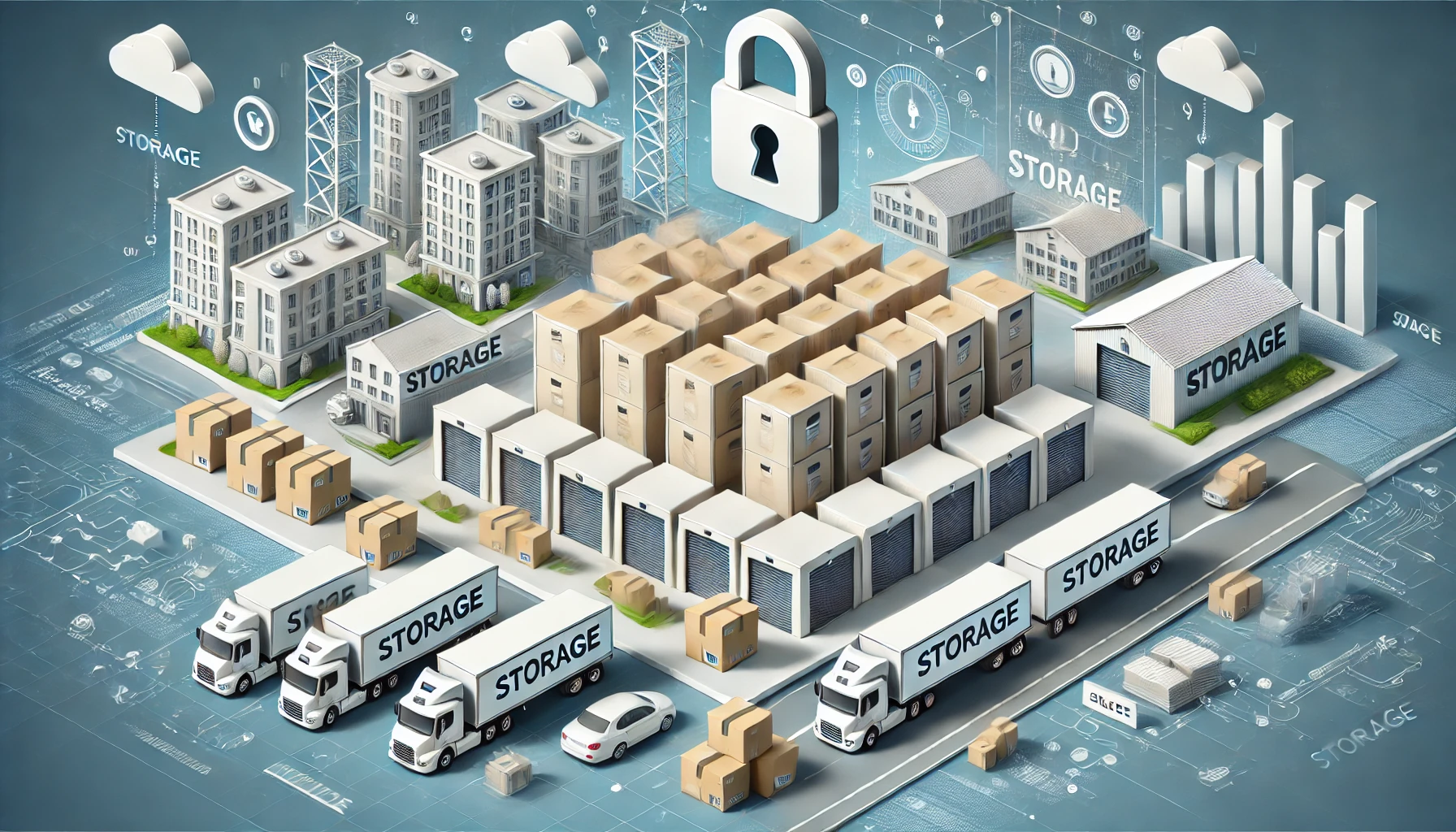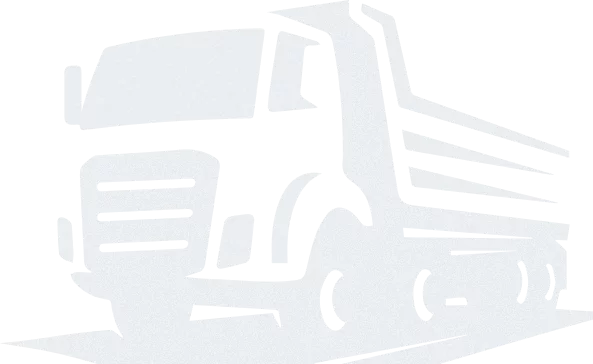
Industrial moving is a complex and specialized process that requires meticulous planning and expertise. Whether you’re relocating a manufacturing plant, warehouse, or industrial equipment, the stakes are high, and precision is crucial. Here’s everything you need to know about industrial moving to ensure a seamless transition.
What is Industrial Moving?
Industrial moving involves relocating heavy machinery, equipment, or entire facilities from one location to another. This process often requires special tools, vehicles, and skilled professionals who can handle the challenges associated with large-scale moves.
Key Aspects of Industrial Moving
- Planning and Coordination:
Comprehensive planning is essential. This includes mapping out timelines, assigning responsibilities, and coordinating with vendors and movers. - Specialized Equipment:
The move may involve cranes, forklifts, rigging tools, and custom transport vehicles to handle oversized or delicate machinery. - Safety Protocols:
Ensuring the safety of equipment and personnel is paramount. This includes following OSHA guidelines and using proper protective gear. - Minimizing Downtime:
A well-executed move ensures minimal disruption to operations, which is critical for business continuity.
Steps in Industrial Moving
- Assessment and Inventory:
- Evaluate the scope of the move.
- Create a detailed inventory of all items to be relocated.
- Site Preparation:
- Inspect both the current and new locations.
- Ensure the new site meets all operational requirements.
- Dismantling and Packing:
- Carefully disassemble machinery if needed.
- Use secure packing materials to protect sensitive components.
- Transportation:
- Use specialized vehicles designed for heavy loads.
- Plan the route to avoid delays or road restrictions.
- Reassembly and Setup:
- Reinstall equipment at the new site.
- Test machinery to ensure it’s fully operational.
Benefits of Hiring Industrial Movers
- Expertise:
Professional movers have the experience and tools to handle complex relocations. - Safety Assurance:
Proper handling reduces the risk of damage to equipment or injury to personnel. - Efficiency:
Professionals minimize downtime, ensuring business operations resume quickly. - Cost-Effective:
Reduces the risk of costly errors or equipment damage during the move.
Challenges in Industrial Moving
- Heavy Machinery Handling:
Requires precise planning and equipment to avoid damage or accidents. - Permits and Regulations:
Certain equipment or routes may require special permits or adhere to regulatory standards. - Time Constraints:
Tight deadlines can complicate the process, necessitating expert coordination.




 Workforce Mobility
Workforce Mobility